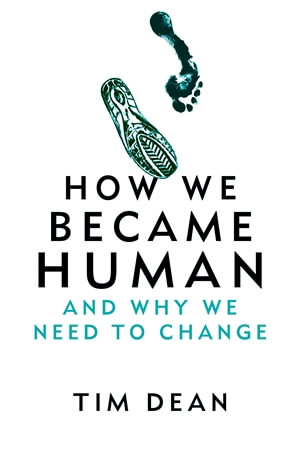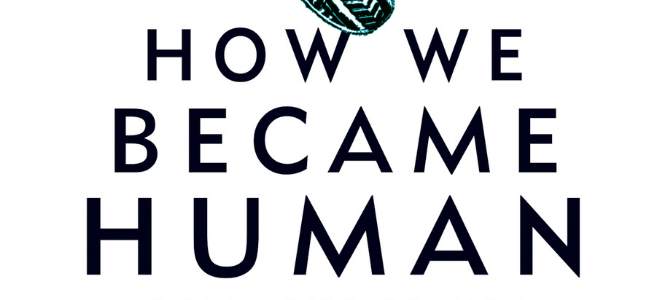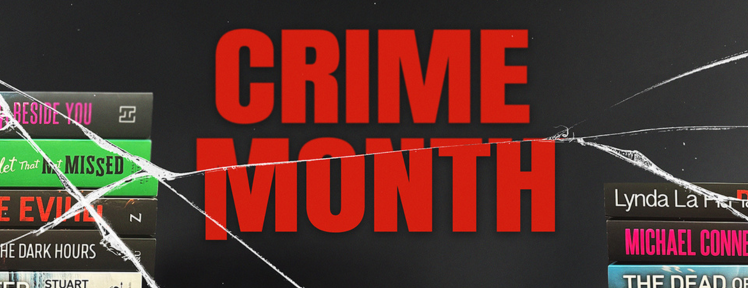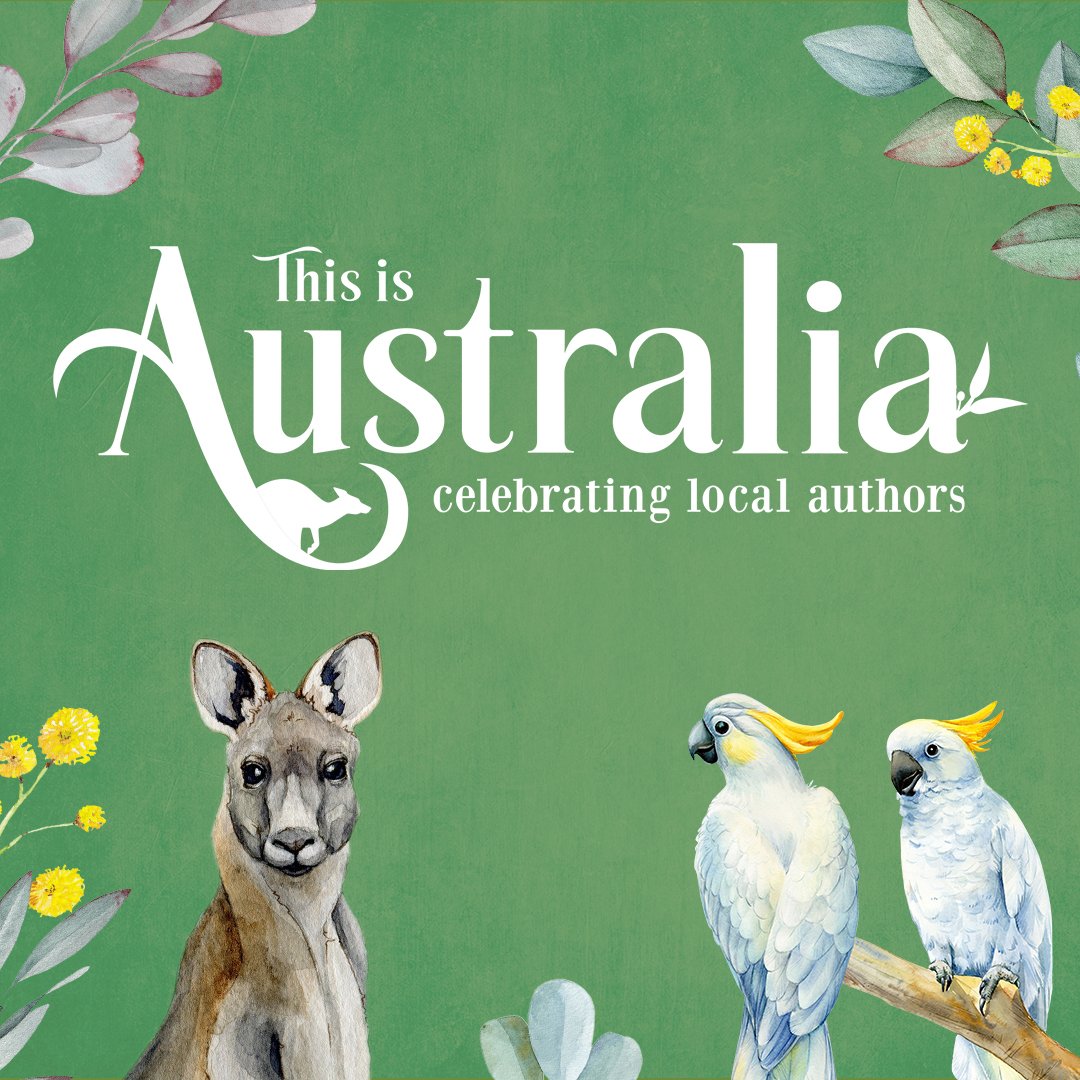Tim Dean is a Sydney-based philosopher, writer and teacher. He has a Doctorate in philosophy from the University of New South Wales on the evolution of morality and specialises in ethics, philosophy of biology and critical thinking. He is also a science writer and editor, and has been the Science & Technology Editor at The Conversation, and edited magazines such as Cosmos and Australian Life Scientist. He is an Honorary Associate in the Philosophy department at the University of Sydney and runs philosophy and ethics workshops for business, the general public and in schools across Australia.
Today, Tim Dean is on the blog to answer a few of our questions about his new book, How We Became Human. Read on …
Please tell us about your book, How We Became Human.
TD: How We Became Human looks at how we evolved to be a uniquely social and moral species. Yet the way we evolved to think about morality was shaped in a very different world to the one we’ve built for ourselves today. As a result, the same thinking that helped our distant ancestors thrive in small-scale societies is contributing to major problems like racism, sexism, social media toxicity and political partisan conflict in our globalised and diverse modern world. It argues that we need to understand how we evolved to think about morality, and sometimes we must push back against our nature in order to remake morality so that it fits with the world we live in today.
What inspired you to write this book?
TD: I’ve long been fascinated by the intersection of biology and ethics, and the story of how we evolved to be moral creatures. But the more I researched this topic, the more examples I found where our evolved tendencies were out of step with the modern world, what’s called an ‘evolutionary mismatch’. The book itself was triggered by a conversation with Stan Grant. He found this evolutionary perspective useful in making sense of some of the political rucktions that have rocked the world since 2016. Stan urged me to write a book so that others could engage with it as well. Thanks Stan!
What interests you about morality as a way of framing the history of humankind?
TD: We often think of human history on the scale of thousands of years. But to really understand humanity, we need to go back hundreds of thousands, if not millions, of years. It’s simply not possible to understand how we transitioned from being a bunch of fairly anti-social primates a few million years ago to spreading across the globe and creating vast civilisations without understanding our moral nature – and why that unique sense of right and wrong can sometimes backfire today.
You write about things like religion and politics as powerful tools that were used to maintain moral order within communities. Do you think that social media plays an equivalent role in contemporary society?
TD: In some ways, social media is performing a similar moral function to things like religion, but that’s not always a good thing. Most religions throughout history haven’t given people much room to question or challenge their moral dictates. Instead, people had to conform or be punished. And that’s often what we see on social media too. There’s a lot more ‘conform or be punished’ than attempts to engage with others in good faith and persuade them or allow open discussion of different moral viewpoints. But it doesn’t have to be like this. Social media can be a powerful tool to share different perspectives and give us a window into other peoples’ lives as they experience them. But making social media more constructive means we often have to push back on our natural tendencies to judge and shout rather than listen and engage, and that’s not easy.
‘Unless we get better at understanding the different moral inclinations and perspectives that people have, and get better at managing moral disagreement, then there could be a lot more conflict between competing moral ‘tribes’ over the next 20 years.’
What do you think our concept of morality will look like twenty years from now?
TD: I suspect that what many people consider to be right and wrong will continue to change in coming decades, as it has over the last 20 years. But not everyone will be on board with that change. So we can expect to see more fragmentation and more disagreement over the hot button issues of today, like sexuality and gender, racism, animal welfare, inequality, the environment and many others, and there will be issues that we think are settled today that will become contested. Unless we get better at understanding the different moral inclinations and perspectives that people have, and get better at managing moral disagreement, then there could be a lot more conflict between competing moral ‘tribes’ over the next 20 years.
What do you love about writing and studying philosophy? Can you tell us a little bit about your background?
TD: I’ve always been interested in understanding why the world is the way it is. That drew me towards philosophy from a young age, but also towards other disciplines like science, psychology, history, anthropology, politics and economics. I find philosophy to be a powerful tool for weaving these disparate threads together into a coherent and useful picture that can make sense of the world – and, for me, that picture is constantly evolving and changing as I learn new things. I’ve also always been interested in communicating with the public rather than just writing for other academics. That’s why I’ve worked to bring philosophy and science to the public as a writer and journalist over the last 20 years.
Who did you write this book for? Who do you wish would read it?
TD: Anyone with a sense of curiosity about the world, a concern about the many serious social and moral problems we face today, and a desire to make the world a better place, no matter their moral or political perspective.
What is the last book you read and loved?
TD: I loved Stan Grant’s With the Falling of the Dusk. It’s filled with deeply human stories and powerful insights into a changing world. I also learnt a lot from Lilliana Mason’s Uncivil Agreement about political polarisation in the United States, and Rob Brooks’ Artificial Intimacy about how biology and technology are colliding to change the way we think about sex.
What do you hope readers will discover in How We Became Human?
TD: I hope they will come to see how much of our ancestors’ genetic and cultural baggage we continue to carry to this day, and how those ancestors didn’t necessarily pack for the modern world. More broadly, I want people to gain a deeper appreciation of the role that biology and psychology play behind the scenes in shaping the world today.
And finally, what’s up next for you?
TD: I am continuing to write and to conduct philosophy workshops for the general public, and exploring a few other exciting projects that might help spread philosophy more broadly. I’m also contemplating what my next book might be …
Thanks Tim!
—How We Became Human by Tim Dean (Pan Macmillan Australia) is out now.

How We Became Human
And Why We Need to Change
Over thousands of years, humans have developed mechanisms to help us live together in ever-larger social groups. We developed a set of 'moral emotions' such as empathy, guilt and outrage, as well as a tendency to favour people in our in-groups and a propensity to punish perceived wrongdoers. Our culture also evolved, giving us powerful tools like religion and politics that could expand community sizes and maintain moral order.
While these mechanisms served our ancestors well, though, our evolved sense of right and wrong is out of step...








 What do we know about the Boy Swallows Universe Netflix show?
What do we know about the Boy Swallows Universe Netflix show?  Booktopia’s top thrilling fiction picks for Crime Month
Booktopia’s top thrilling fiction picks for Crime Month  Booktopia’s Top First Nations Book Recommendations for 2023
Booktopia’s Top First Nations Book Recommendations for 2023
Comments
No comments